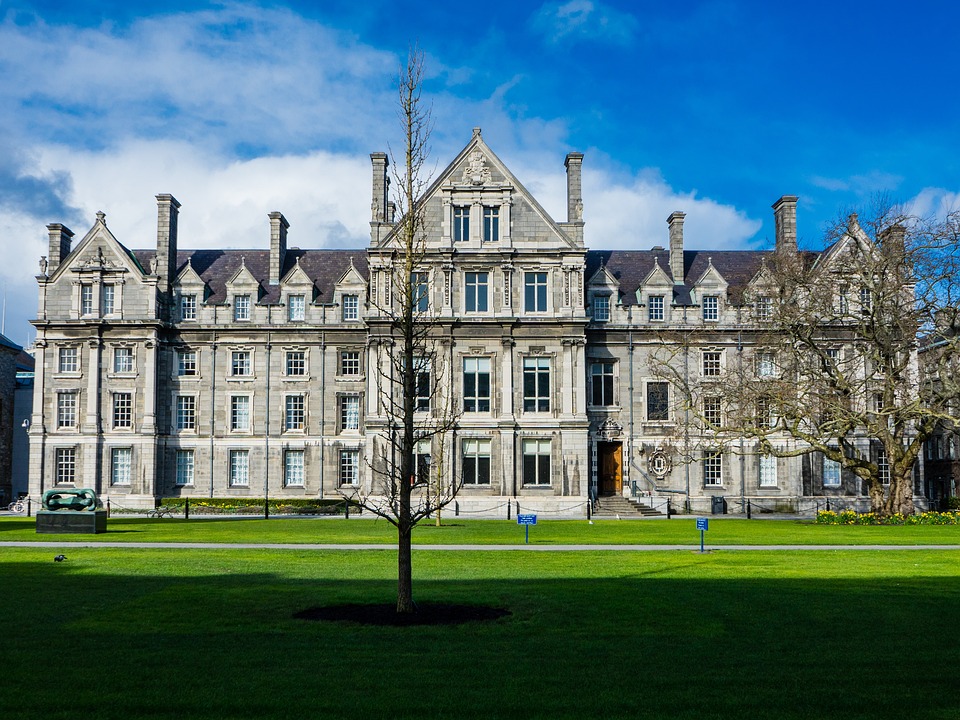The Glittering Mirage? Why Dubai Might Not Be Your Best Relocation Choice in 2025
Dubai. The name conjures images of towering skyscrapers, luxurious shopping malls, and a perpetually sunny lifestyle. For years, it’s been a magnet for expats, attracting ambitious professionals and families seeking a taste of the high life. But as we look towards 2025, is the allure of Dubai still as strong? While the city undoubtedly offers unique advantages, several factors suggest that relocating to Dubai might not be the best option for everyone in the coming years.
This article will delve into the realities behind the dazzling facade, exploring the potential drawbacks and challenges of relocating to Dubai in 2025. We’ll analyze factors such as the cost of living, job market dynamics, cultural adjustments, environmental concerns, and evolving residency regulations, providing a comprehensive overview to help you make an informed decision.
1. The Ever-Rising Cost of Living:
Dubai’s reputation for luxury comes with a hefty price tag. While tax-free salaries are a major draw, the cost of living has been steadily increasing, particularly in recent years.
- Housing: Rent, whether for apartments or villas, remains a significant expense. Prime locations, especially those closer to business districts and amenities, demand premium prices. Expect to shell out a considerable portion of your salary on housing, potentially rivaling costs in other major global cities. Even in less central areas, rental inflation is a growing concern.
- Education: If you have children, education costs can be astronomical. While there are public schools available for Emirati nationals, expat families typically opt for private international schools, which come with hefty tuition fees. Competition for places is fierce, and waiting lists can be long.
- Healthcare: Dubai boasts a world-class healthcare system, but access comes at a cost. While mandatory health insurance is in place, premiums can be substantial, and out-of-pocket expenses for specialized treatments and procedures can quickly add up.
- General Expenses: Everyday expenses like groceries, transportation (especially if you rely on taxis), entertainment, and dining out can be significantly higher than in your home country. This can quickly erode the perceived benefits of a tax-free salary.
As 2025 approaches, expect these costs to continue climbing, driven by factors like population growth, increased tourism, and global inflation. Before relocating, meticulously budget and consider whether your potential earnings will comfortably cover your desired lifestyle in Dubai.
2. A Shifting Job Market Landscape:
While Dubai’s job market remains relatively vibrant, it’s also becoming increasingly competitive and subject to global economic fluctuations.
- Emiratization Policies: The UAE government is actively pursuing Emiratization, prioritizing the employment of Emirati nationals across various sectors. While this initiative aims to boost local employment, it can create challenges for expat job seekers, particularly in certain industries.
- Sector-Specific Challenges: Specific sectors like tourism and real estate, while historically strong, are subject to cyclical booms and busts. Over-reliance on these industries makes the job market vulnerable to external shocks.
- Skills and Qualifications: Competition for high-paying jobs is fierce, demanding specific skills, qualifications, and experience. Simply possessing a general degree might not be enough to stand out from the crowd.
- Salary Expectations: While tax-free salaries are appealing, some companies might attempt to compensate for the lack of taxes by offering lower base salaries. Thoroughly research industry benchmarks and negotiate your salary carefully.
Before relocating, research the current job market in your specific field, understand the Emiratization policies, and assess the demand for your skills. Ensure you have a solid job offer in place before making the move.
3. Cultural Adjustments and Social Integration:
Dubai, while cosmopolitan, is still deeply rooted in its Emirati culture and Islamic traditions. Adapting to this cultural environment requires respect, understanding, and a willingness to embrace different customs.
- Language Barrier: While English is widely spoken, learning basic Arabic phrases can significantly enhance your experience and facilitate communication with local communities.
- Cultural Norms: Understanding and respecting local customs, particularly regarding dress code, public behavior, and religious practices, is crucial. Failure to do so can lead to misunderstandings and even legal consequences.
- Social Integration: Building a strong social network can be challenging, especially initially. Making an effort to connect with people from diverse backgrounds, joining expat groups, and engaging in community activities can help foster a sense of belonging.
- Limited Personal Freedoms: Certain personal freedoms might be more restricted in Dubai compared to Western countries. Familiarize yourself with the local laws and regulations to avoid unintentionally violating them.
Be prepared for a cultural shift and actively seek to understand and respect the local customs and traditions. This will significantly enhance your overall experience and facilitate smoother social integration.
4. Environmental Concerns and Sustainability:
Dubai’s rapid development and reliance on resource-intensive industries have raised concerns about its environmental sustainability.
- Water Scarcity: Dubai faces significant water scarcity challenges due to its arid climate and limited freshwater resources. Desalination plants, while essential, are energy-intensive and can have environmental impacts.
- Energy Consumption: High energy consumption, driven by air conditioning and other amenities, contributes to a large carbon footprint.
- Waste Management: Waste management is a growing concern, with limited recycling infrastructure and increasing landfill waste.
- Climate Change Impacts: The region is highly vulnerable to the impacts of climate change, including rising temperatures, sea-level rise, and increased frequency of extreme weather events.
While Dubai is taking steps to address these environmental challenges, the overall environmental impact remains a significant concern. If sustainability is a major priority for you, carefully consider the environmental footprint of living in Dubai.
5. Evolving Residency Regulations and Long-Term Security:
Dubai’s residency regulations are constantly evolving, and long-term security can be a concern for some expats.
- Visa Sponsorship: Historically, most expats have relied on employer sponsorship for their residency visas. However, job loss can lead to visa cancellation, potentially forcing you to leave the country.
- Long-Term Residency Options: While initiatives like the Golden Visa offer longer-term residency options for investors, entrepreneurs, and highly skilled professionals, these visas require significant investments or specific qualifications.
- Dependence on Regulations: Your residency status is always dependent on adhering to the evolving regulations set by the UAE government. Changes in these regulations can impact your long-term plans.
Consider the implications of visa sponsorship and explore alternative residency options if long-term security is a major concern.
Conclusion:
Dubai offers a unique blend of opportunity and luxury, but it’s essential to approach a relocation decision with a clear understanding of the potential challenges. As we move towards 2025, factors like the rising cost of living, the evolving job market, cultural adjustments, environmental concerns, and residency regulations should be carefully weighed against the perceived benefits.
Ultimately, whether Dubai is the best relocation option for you depends on your individual circumstances, priorities, and risk tolerance. Conduct thorough research, speak to expats living in Dubai, and carefully assess your financial situation and career prospects before making a final decision. The glittering facade might not always reflect the full picture, and a well-informed decision is crucial for a successful relocation.




